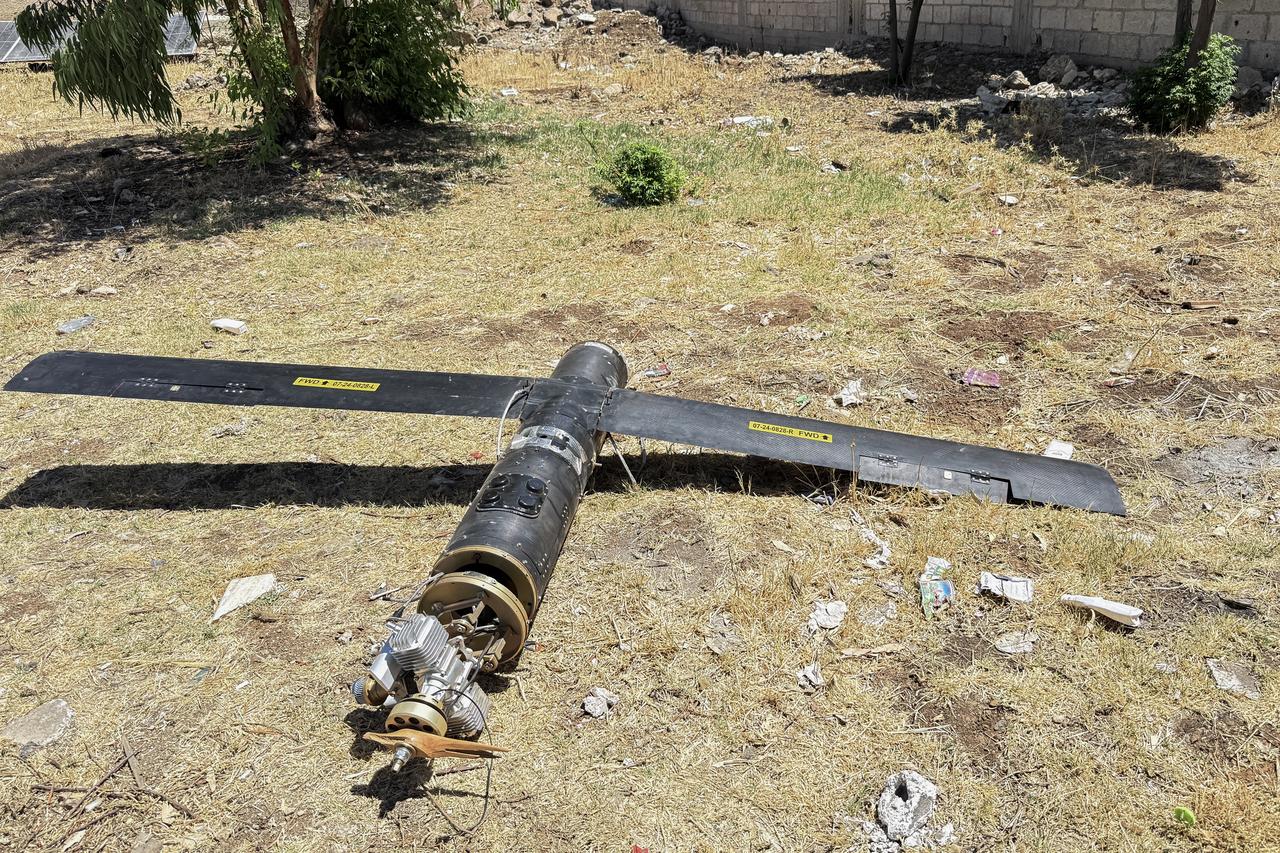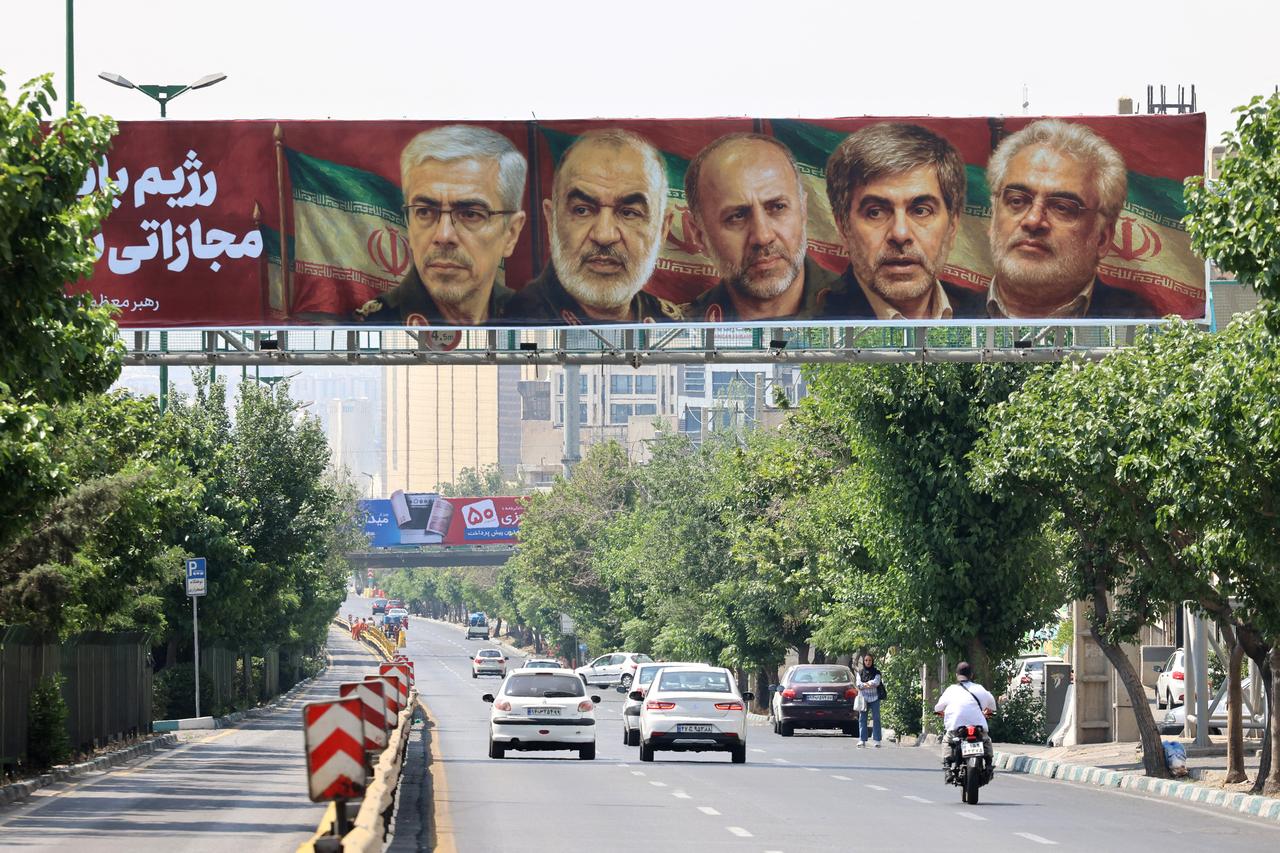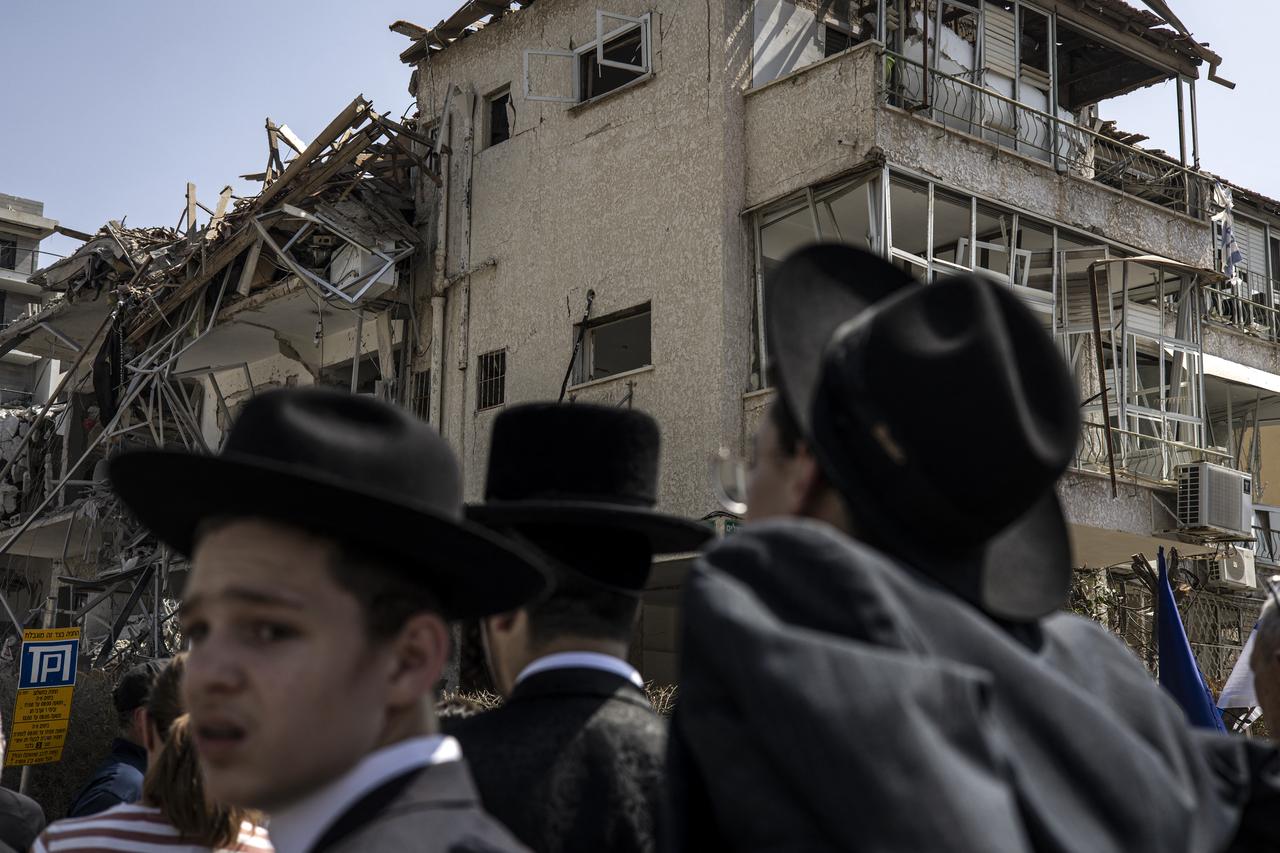
Iraq has requested that Iran refrain from targeting American interests within Iraqi territory as escalating tensions between Israel and Iran threaten to engulf the broader Middle East, a senior Iraqi security official said Saturday.
The diplomatic entreaty underscores Baghdad's precarious position as it maintains close ties with both Tehran and Washington, even as the two powers remain adversaries. Iraq hosts approximately 2,500 U.S. troops as part of an international coalition fighting several groups, while simultaneously serving as a strategic ally to Iran.
"The request was made. They promised us positive things," the Iraqi security official told Agence-France Presse (AFP), speaking on condition of anonymity due to the sensitive nature of the discussions. The official indicated that Iranian leadership had shown understanding regarding Baghdad's concerns about being drawn into a wider regional conflict.

The request comes after a series of Israeli strikes on Iranian military and nuclear facilities that began early Friday, marking a significant escalation in hostilities between the regional rivals. Prior to this latest flare-up, Iran had threatened to target military installations housing U.S. forces throughout the region if nuclear negotiations with Washington collapsed and triggered broader conflict.
Since the Gaza war erupted in October 2023, pitting Israel against Iran-backed Hamas, Tehran-aligned militant groups have conducted dozens of rocket and drone attacks against U.S. positions in both Iraq and neighboring Syria. The sustained campaign has kept American forces in the region on high alert.

In an apparent response to the deteriorating security environment, the United States announced Wednesday that it was reducing personnel levels at its embassy in Baghdad, citing security concerns. The move signals Washington's awareness of the risks facing its diplomatic and military presence in Iraq.
The escalating tensions have energized pro-Iranian factions within Iraq, with several groups calling Friday for an accelerated withdrawal of American forces from the country. Kataeb Hezbollah, one of the most powerful Iran-aligned militias, issued a warning about "additional wars in the region."
Iraq's delicate balancing act reflects the complex geopolitical dynamics that have defined the country since the 2003 U.S.-led invasion. While Baghdad depends on American security assistance and maintains official diplomatic relations with Washington, it has also cultivated increasingly close ties with Tehran, particularly following the rise of Iranian influence in Iraqi politics and security affairs.
The current crisis tests Iraq's ability to maintain its neutrality while managing competing pressures from both sides of one of the Middle East's most enduring rivalries.